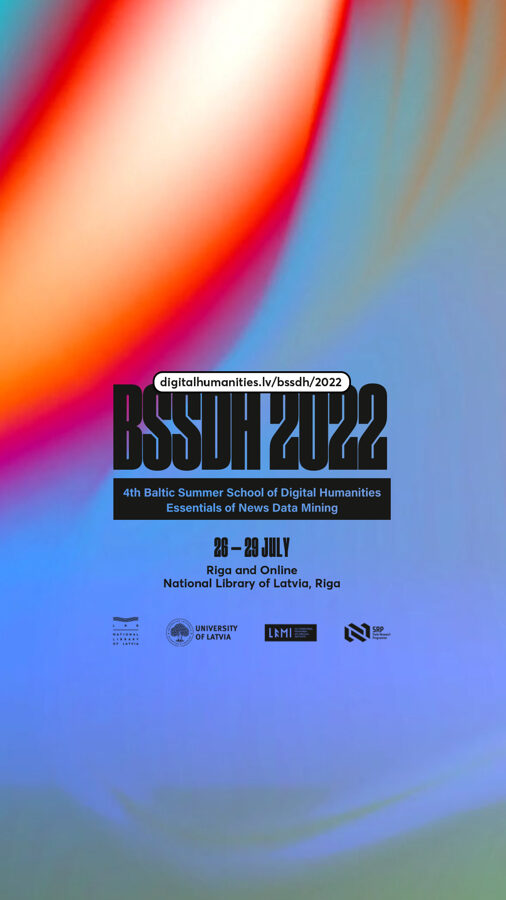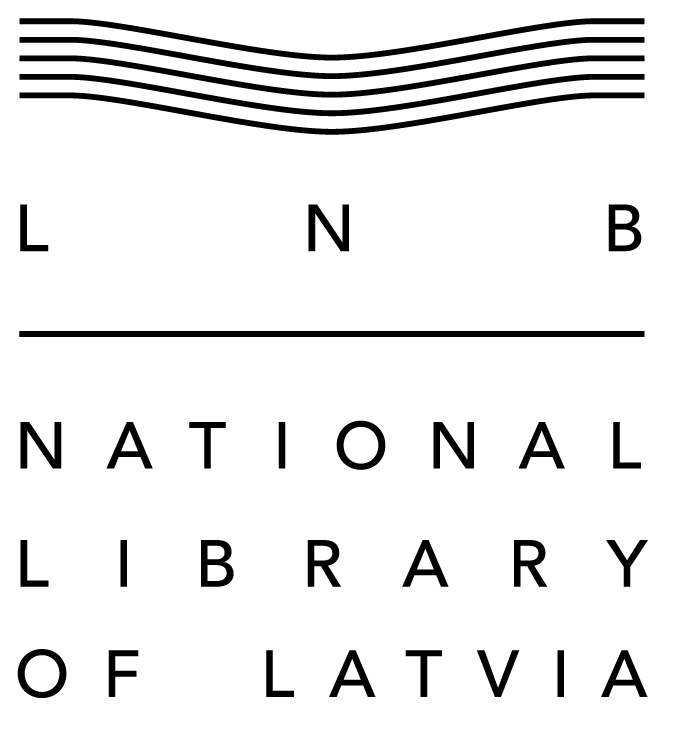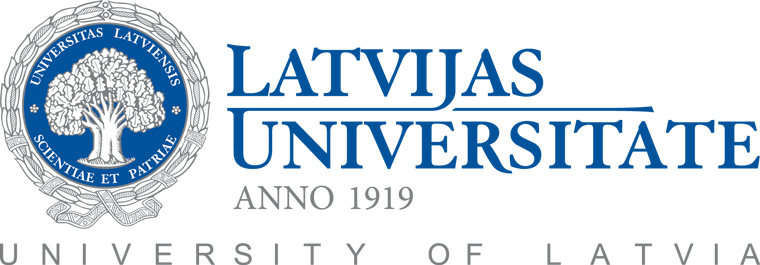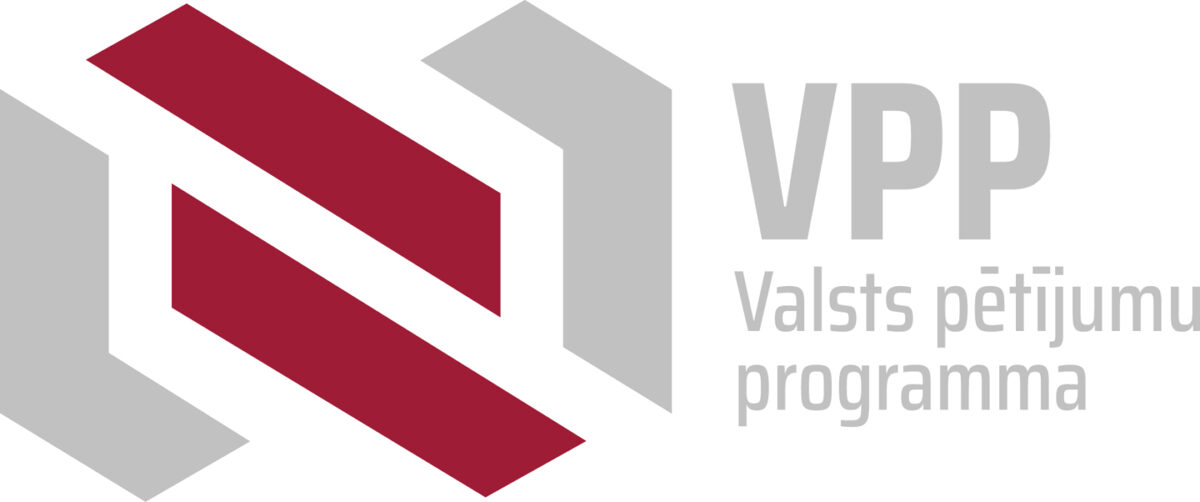Baltic Summer School of Digital Humanities Essentials of News Data Mining
Welcome to the
annual Baltic Summer School of Digital Humanities (BSSDH 2022)!
This year’s
programme offers must-have introductory courses for digital humanists and
digital social scientists who wish to come to grips with programming,
collecting web data, and visualization. The course is co-taught by an
international team of researchers and practitioners of digital humanities and
digital social sciences coming from Latvia, Estonia, Finland, Luxembourg, and
Canada. As always, this will be a great opportunity to meet colleagues and
mentors from other countries and explore different perspectives!
The programme includes workshops and lectures in:
- programming with Python
- programming with R
- collecting structured web data
- text mining
- working with non-English texts
- analyzing digital historical news sources
- applications of artificial intelligence
PARTICIPANTS
The Baltic Summer School of Digital Humanities is aimed at students and researchers of humanities and social sciences, library, and archives professionals. There are no prerequisites for participation, as the course does not require any background in DH computing. The working language of the summer school is English.
After successful completion of the summer course, students will be awarded 3 ECTS by the University of Latvia.
REGISTRATION FEE
Free of charge. Registration will be open in June.
Registered participants will have access to all workshops, lectures and coffee breaks according to the programme. Lectures and workshops will happen on premises and online. The satellite lecture on July 25 is available free of charge without registration, working language Latvian.
ORGANIZERS
BSSDH 2022 is organized by a joint effort of the National Library of Latvia, Institute of Literature, Folklore and Art (University of Latvia), Faculty of Social Sciences and Faculty of Humanities of the University of Latvia.
SUPPORTERS
State Research programme (Nr. VPP-IZM-DH-2020/1-0001)
CONTACT US



